SHOULD YOU INSULATE YOUR WATER PIPES?
SHOULD YOU INSULATE YOUR WATER PIPES?
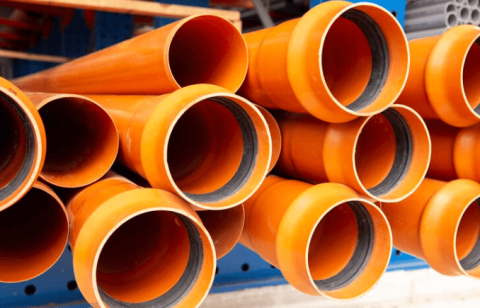
Insulating hot and cold water pipes to prevent heat gain and loss is one way to improve the energy efficiency of your home. Hot water pipes should be insulated to prevent heat loss, and cold water pipes should be insulated to prevent heat gain that leads to excess condensation.
Read on to understand where and when water pipes should be insulated and how to do it.
WHY SHOULD YOU INSULATE WATER PIPES?
HOT WATER PIPE INSULATION
Insulating hot water pipes prevents piping from losing heat to the surrounding areas, which can raise the water temperature by 2 to 4 degrees. This allows you to keep your water heater on a lower temperature setting while not waiting as long for hot water.
COLD WATER PIPE INSULATION
Insulating water supply pipes that are exposed to exterior walls or unheated spaces can help prevent the pipes from freezing and bursting. Insulating cold water pipes can also prevent condensation from building up on the pipes and dripping onto the building materials below. This is important because excess condensation can lead to mold growth and resulting indoor air quality issues.
HOW TO INSULATE WATER PIPES
The simplest way to insulate water pipes is to install foam insulation that is readily available at home improvement stores. The foam insulation has a slit down the middle and an adhesive strip at the slit, so it only needs to be cut to length and then installed.
In some cases where pipes are in unheated areas, heat tracing or heat wrap for water pipes may be needed in addition to insulation.
When working with insulation and in unfinished areas of the home, you should wear safety glasses and other protective equipment as needed.
While you’re insulating the pipes, you should inspect them for corrosion. Some galvanized metal pipes may be in need of replacement, so you should have them evaluated by a plumber before putting in the effort of insulating them.
BENEFITS OF INSULATING YOUR WATER PIPES
- Preventing frozen water pipes and condensation: Insulating the pipes that run through unheated spaces like mechanical rooms, exterior walls, storage buildings, floor cavities above crawl spaces, attics, and basements will help prevent condensation and frozen and burst pipes.
- Preventing pipe sweating and mold issues: Insulating cold water pipes will help prevent excess moisture and resulting mold and mildew.
- Lowering heating costs: Insulating hot water pipes wherever there is access to them in a building improves efficiency by raising the water temperature in the pipes. This allows you to lower the temperature on your water heater and save water by not having to wait as long for water to heat up, which in turn saves you money on both your heating bills and water bills.
- Conserving energy and water: Insulating both hot and cold water pipes improves their efficiency and delivers hot water faster, conserving energy and water.
- Reduced plumbing noise.
- Greatly reduced risk of property water damage.
FAQ
HOW DO I INSULATE WATER PIPES OUTSIDE?
To prevent damage from freezing on outdoor faucets, use a hard foam faucet cover. For long, straight exposed pipes, such as from pool equipment, use foam pipe sleeves. For smaller lengths of exposed pipe, use pipe-wrap insulation, which can come in the form of rubber tape-backed flexible foam, foam and foil, etc.
WHAT IS THE BEST INSULATION FOR WATER PIPES?
PE foam insulation is the ideal option for most residential plumbing applications.
SHOULD YOU INSULATE COLD WATER PIPES?
You should insulate cold water pipes to improve efficiency and avoid issues like excess condensation and mold growth.
CONTACT STEPHENS PLUMBING FOR ALL YOUR PLUMBING NEEDS
If you’re experiencing issues with leaky pipes, corroded pipes, frozen and burst pipes, or excess condensation, the licensed plumbers at Stephens Plumbing are ready to diagnose the issue and perform the necessary repairs. We provide comprehensive, 24/7 plumbing services, including water pipe installation, repair, and replacement.
Contact us to schedule an appointment today.


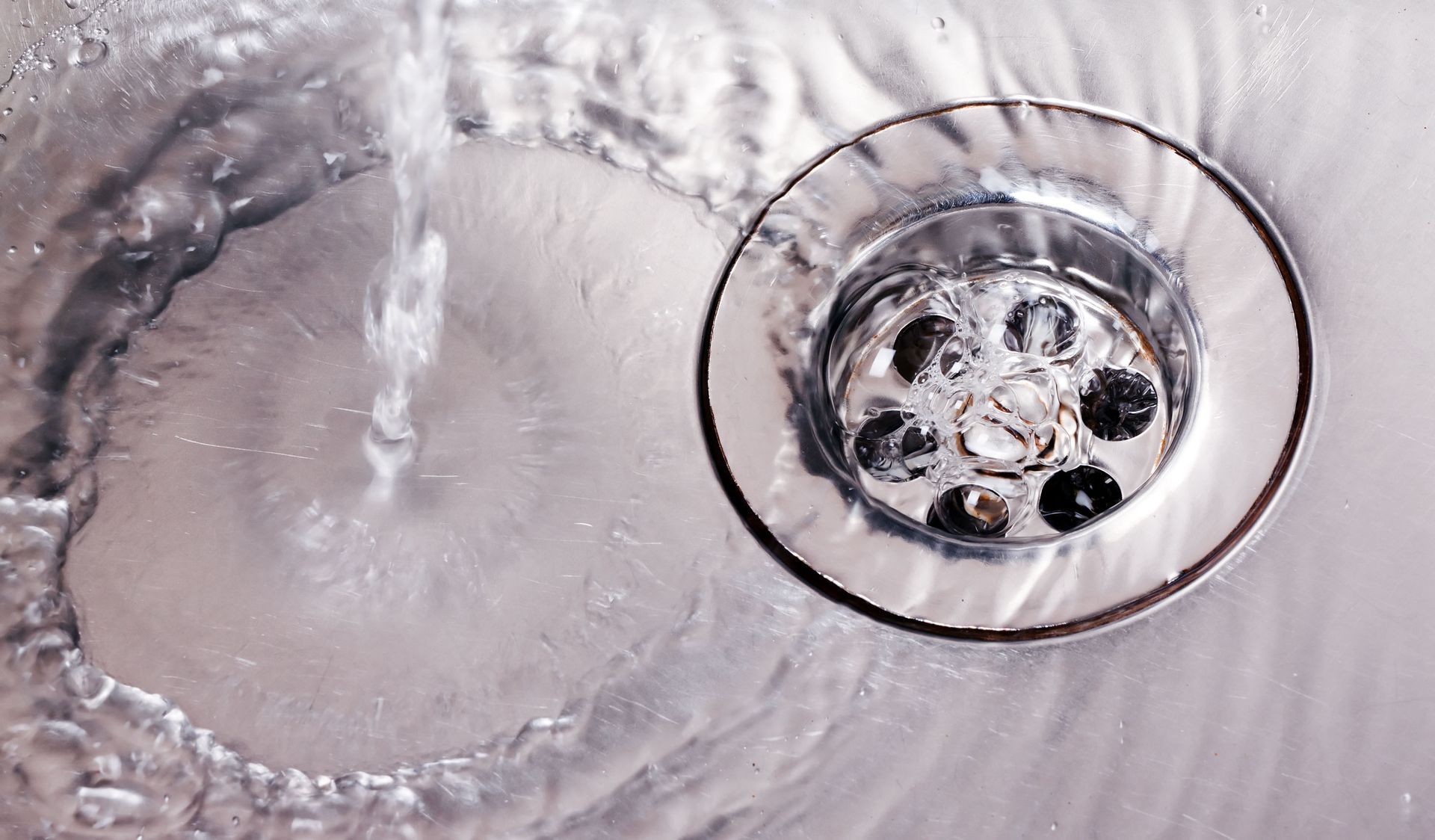
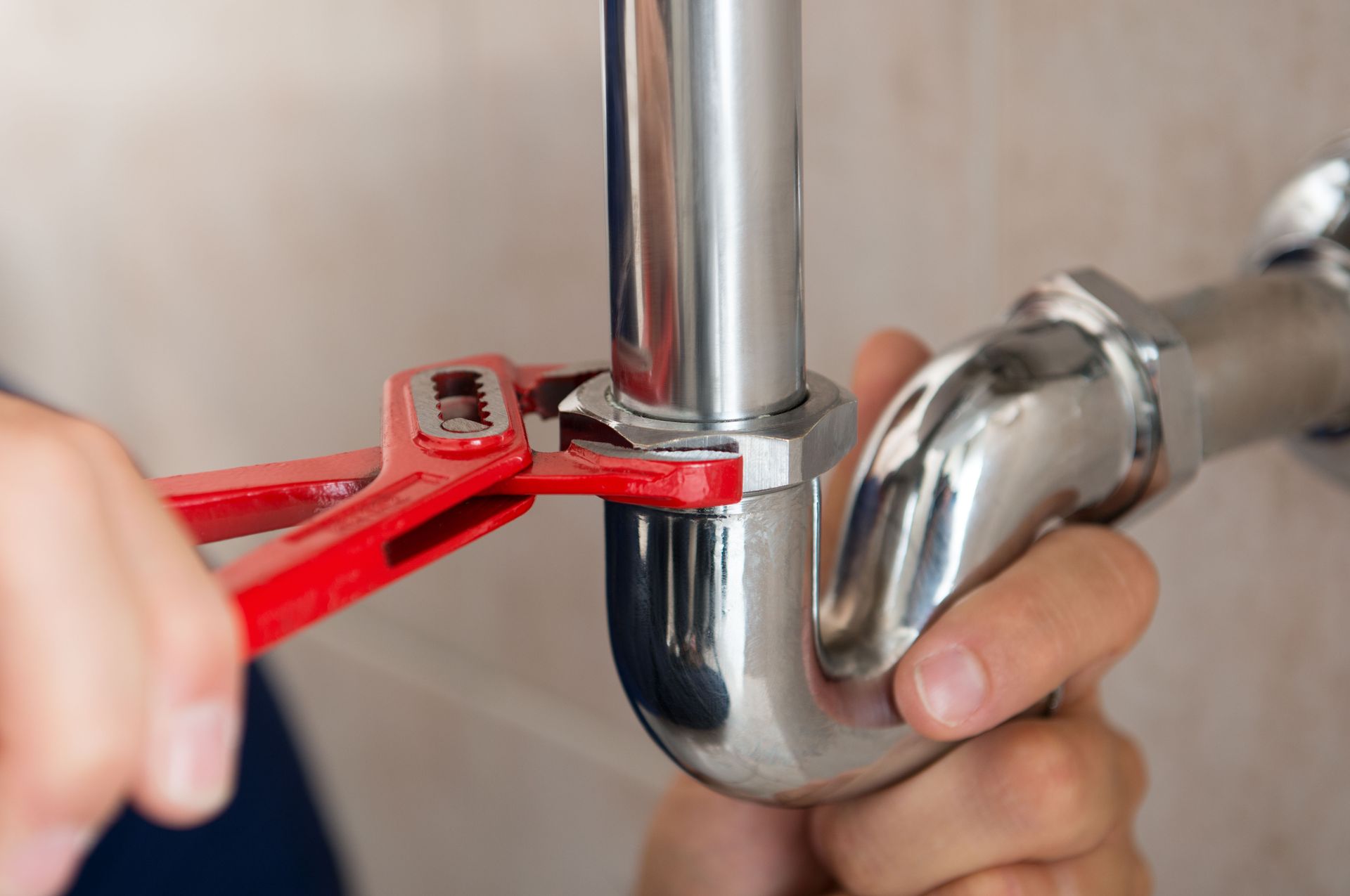
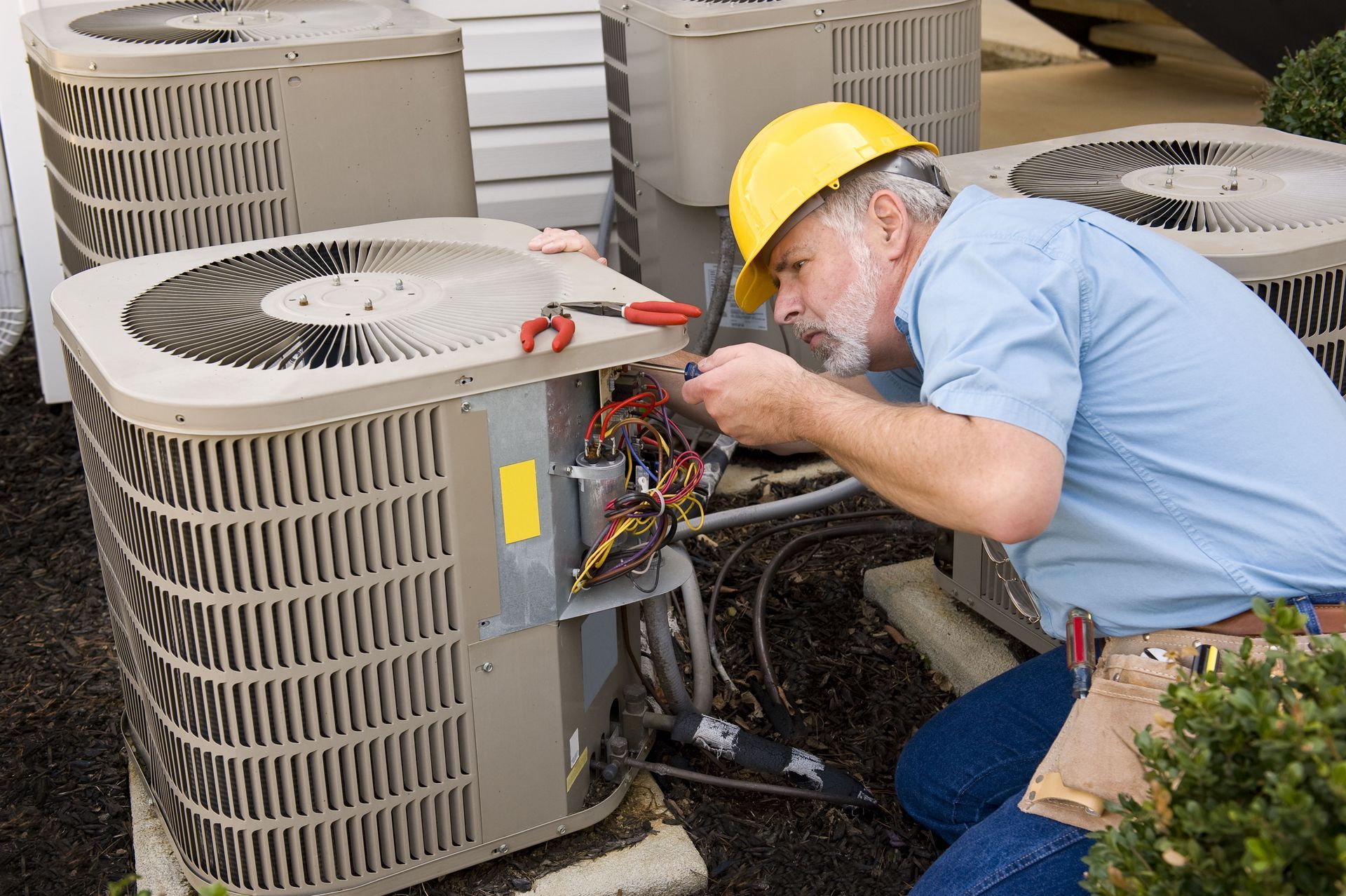
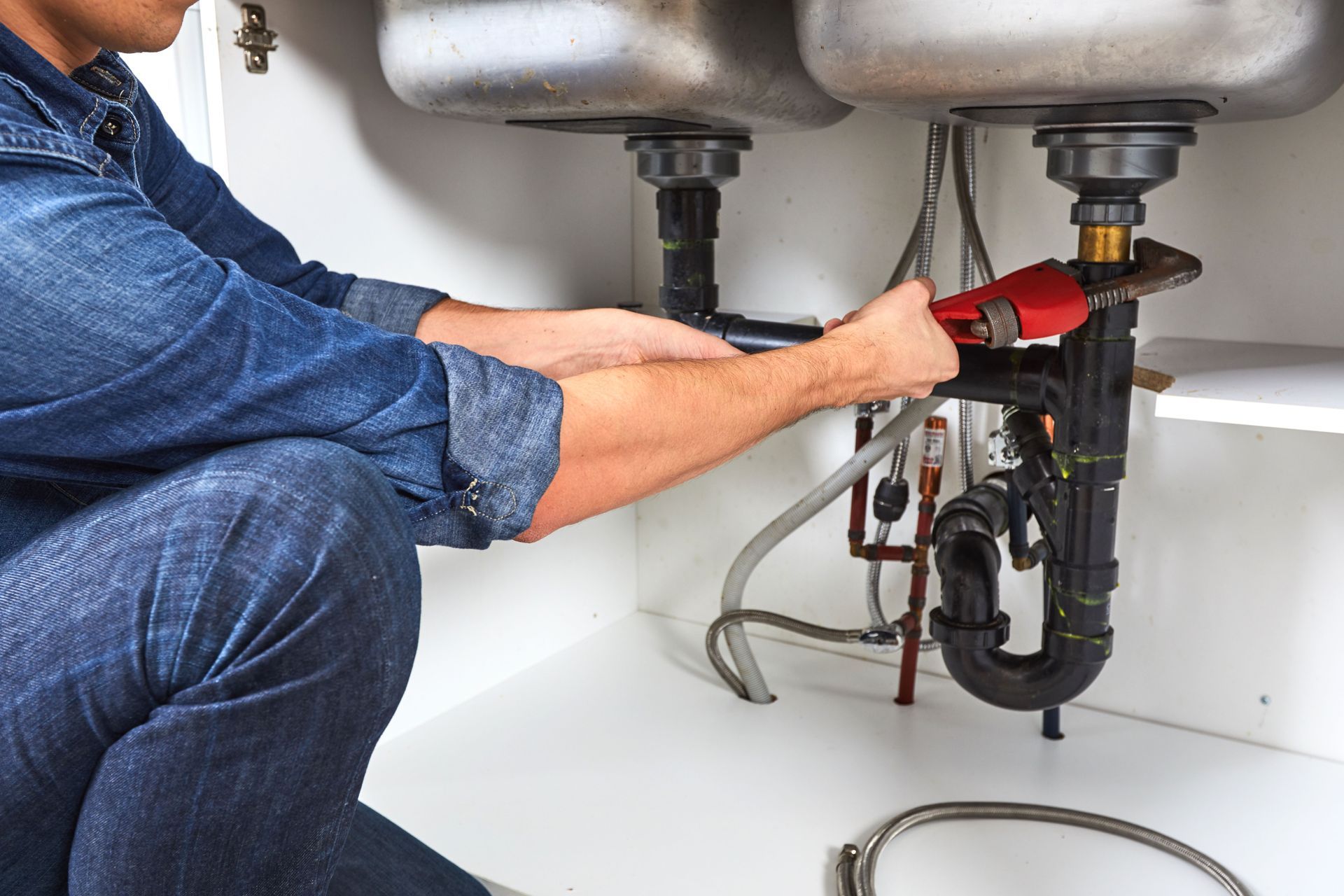
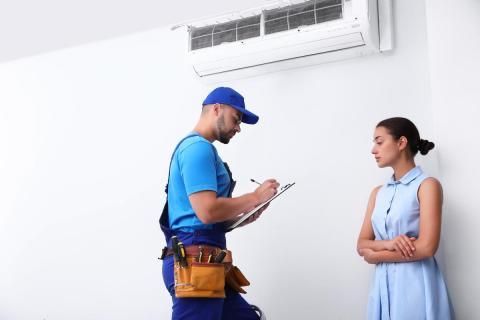
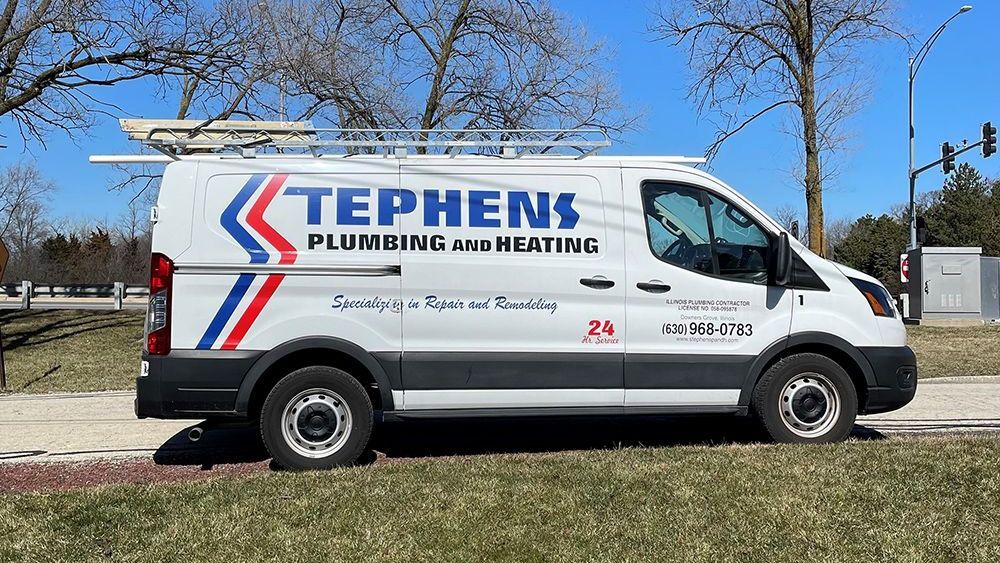
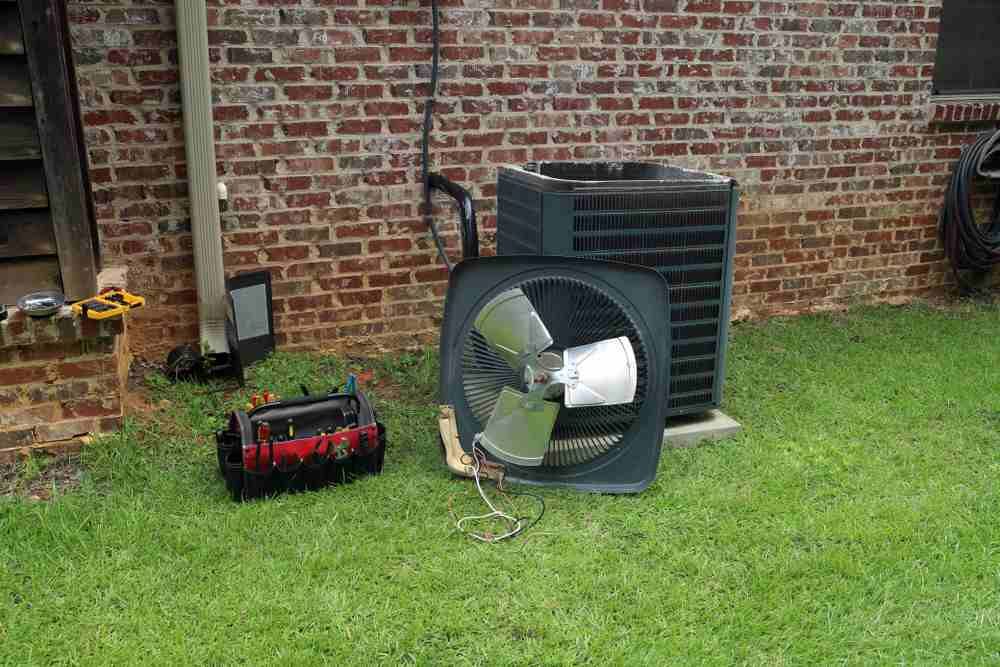
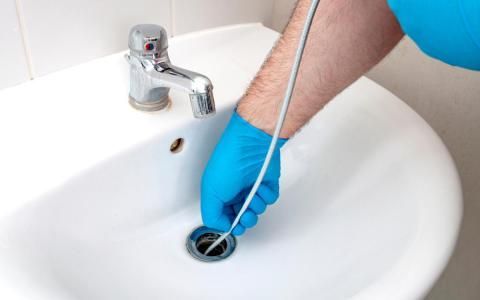
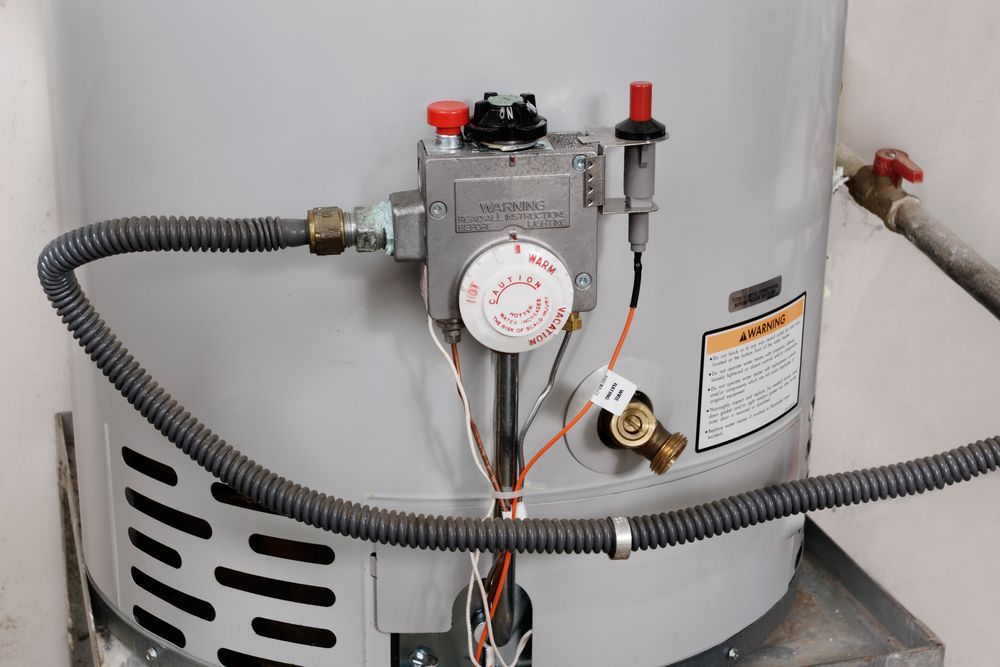



Share On: